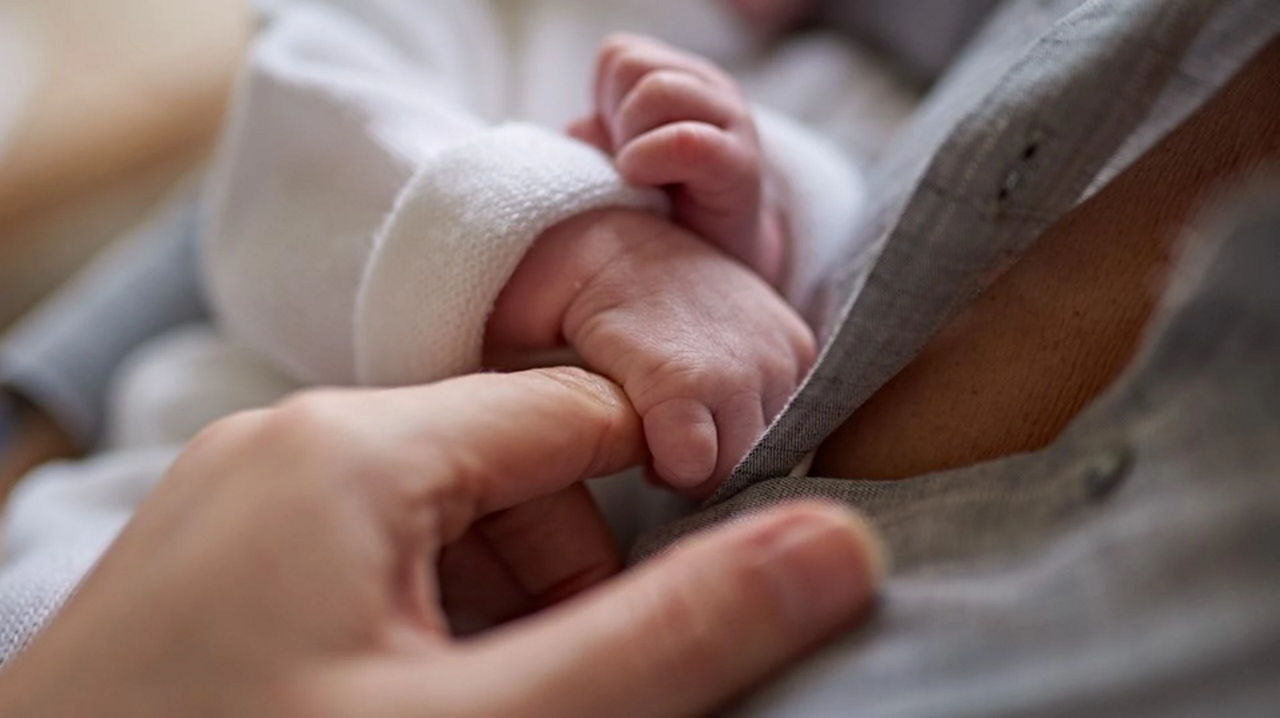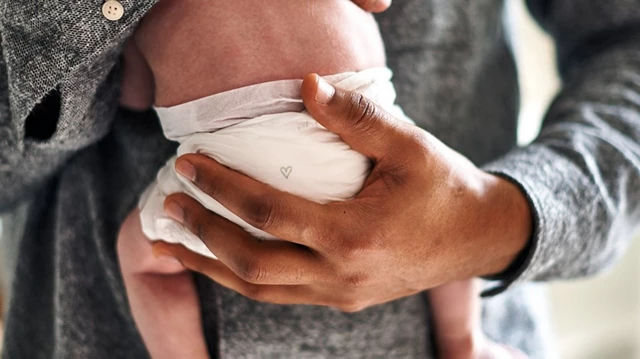Helping with a premature baby
Small blessings
Love and support can get you through
Giving birth to a preterm baby can be an emotionally stressful and exhausting time for both parents. As a partner, you may feel helpless and that you should be strong, but both you and your partner will need comfort and support. Try not to put too much pressure on yourself and seek support if you need it.

Supporting your partner and new-born
Neonatal units are well equipped to care properly for your premature baby, but with all the staff and medical equipment they can be daunting places to be. Try to stay close to your baby, talking with your partner – if your baby is around 24 weeks old, they’ll recognise your voice from when they were inside the womb, and it will bring them comfort to hear you.
Your neonatal team will tell you how much physical contact you can have with your baby, but offering a reassuring touch every now and again is usually fine and will help let your baby know you’re there. Then, once your baby is strong enough, you’ll usually be able to get involved in their care – changing nappies, bathing, massaging and even feeding.
Preparing to go home
Having a premature baby can mean you spend a great deal of time in hospital, so getting back to the house to get chores done can be difficult. You may want to share the responsibility with your partner, so that when it comes to bringing your new baby home, the house is ready. It can sometimes help to take a break from hospital duties, clear your mind and concentrate on something different, but do make sure you’re asking for help from friends and family; you’ll need them at this time.
If your new baby has older brothers and sisters, you may want to introduce them and get them involved in tasks. It can be difficult for children if their parents are spending long periods in hospital, and it can help to make them aware of what’s going on.
Postnatal depression is more common in parents of premature babies.
Postnatal depression in partners
Postnatal depression (PND) isn’t something that only affects new mums – partners are susceptible too. It’s often more common in parents of premature babies because of the added stresses and strains. Unfortunately, PND can put added pressure on an already difficult situation, and it’s important that if you suspect either yourself or your partner to be suffering, you get advice from a healthcare professional.
It’s a good idea to be aware of the following symptoms:
- Crying
- Panic attacks
- Being tired all the time
- Inability to sleep
- Loss of appetite or excessive appetite
- Loss of self-esteem
- Mood swings
Last reviewed: 19th May 2015
Related articles
More from our experts

Need some help?
You can get quick answers to common questions in our FAQs.
Alternatively, if you need help with general pregnancy or baby advice, or maybe on using or ordering our products - our expert team are always on hand to talk about feeding your baby.







